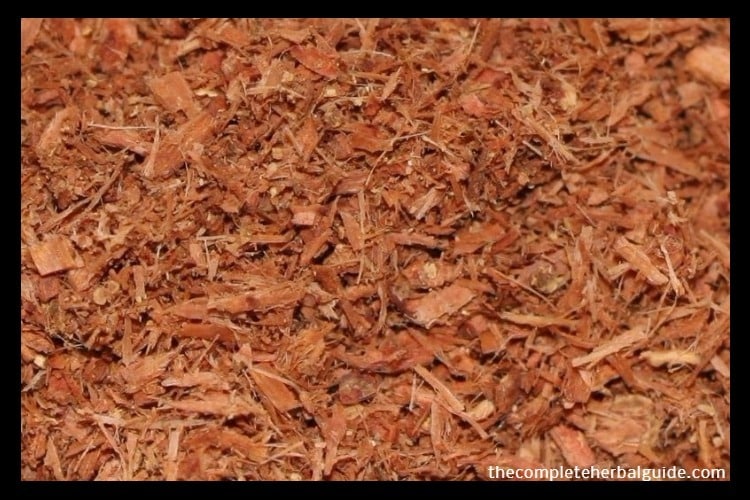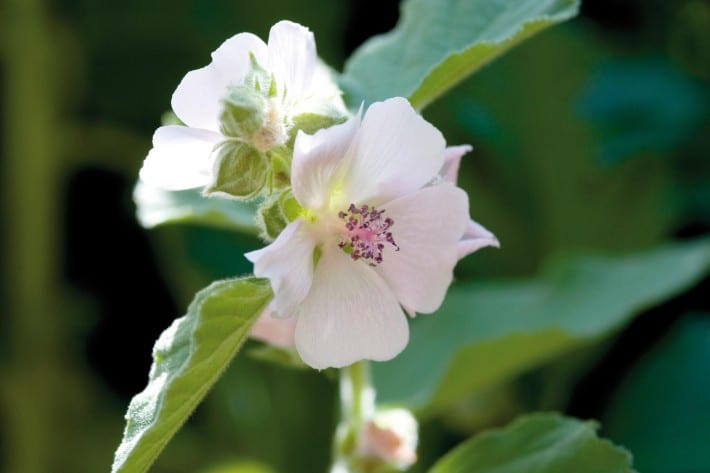
Healing Properties and Health Benefits of Acai Fruit
Highly nutritious Acai Fruit is sometimes called the Amazon’s perfect “super berry” and is believed to be an exceptional antioxidant, which helps to build the body’s natural defenses against infection and disease and protect the body from free radicals that can attack and destroy cells. Its fatty acids are believed to help maintain healthy cholesterol levels, improve blood circulation, and reduce the risk of arteriosclerosis, stroke, and heart attack. Often referred to as the “Fountain of Youth,” Acai Fruit is reputed to restore the stamina and vitality of our younger days.
What is acai fruit?
Acai Fruit is a small, deep purple berry that grows on the tall, slender Acai palm tree, which is a very common native of the Brazilian Rainforest.
The Acai palm may reach one hundred feet in height and has adapted to survive in waterlogged soil in the lowland flood areas along the rivers of northern South America, where it forms large groves.
The palm family encompasses over twelve hundred species and is one of the most useful plants for the inhabitants of the rainforest as a vital resource for food, beverages, oils, building materials, tools, and weapons.
History of the Acai Fruit
The Acai has been used for thousands of years by the indigenous tribes of the area for its extraordinary nutritional and healing qualities, and Brazilians call it “Tree of Life.” The edible fruit is small, round and blackish purple, resembling a grape, but smaller and darker. The berry contains a single, large seed with very little pulp and is surrounded by stringy fibrous sheaths and a thin, oily coating. Acai berries are harvested in the dry season and favored by birds and rodents that disburse the seeds in their droppings for the propagation of the species.
Acai Fruit is highly nutritional, serving as a traditional food for the native people living in the Amazon forest, and although consumed for centuries as an essential food in South America, it was only at the turn of the twenty-first century that it was introduced to the outside commercial world as a spectacular natural health supplement. It also shows potential as a natural red coloring matter. Some of the constituents in Acai include anthocyanidins, fiber, sterols, epicatechin, p-hydroxybenzoic acid, gallic acid, protocatechuic acid, ellagic acid, p-coumaric acid, ferulic acid, vanillic acid, cyanidin, pelaronidin 3-glucoside, potassium, calcium, iron, phosphorus, protein, Omega-6 fatty acid, Omega-9 fatty acid, B-vitamins and vitamins C and E.
Acai Fruit Benefits
Acai Fruit is believed to be an amazing antioxidant that prevents destructive, oxidative damage to tissues or cells. Some studies claim that Acai contains up to thirty-three percent more antioxidant properties than even red wine grapes. The berry possesses a high concentration of anthocyanidins (which give many plants their colors) and provides a high degree of antioxidant capacity that fights free radical damage in the body and builds the body’s natural defenses. These compounds also allow the body’s cells to absorb vitamin C, which is helpful in protecting cells from the free radicals that can bind to and destroy cellular compounds. These qualities are believed to be helpful in building the immune system and fighting serious diseases and other infections.
As an energy booster, the pulpy little Acai berry is said to restore the vitality, strength, and stamina of youth. It is thought to restore overall health, improve sexual function, and has even been called the “Fountain of Youth.” Often said to be one of the richest foods in iron, the microbiological characteristics of Acai Fruit are highly nutritional. Serving for centuries as vital traditional food for the native people living in the Amazon forest, it is now widely used in energy drinks, energy bars, and natural health supplements.
Acai Fruit is rich in essential fatty acids and is said to be very beneficial for good coronary health. Acai is believed to raise the levels of high-density lipoproteins (HDLs or “good” cholesterol) in the blood while decreasing the low-density lipoproteins (LDL, or “bad” cholesterol). The HDL is said to help clear the “bad” cholesterol from the arterial walls, reducing platelet aggregation (clotting) and helping to eliminate it from the body. This action also helps to promote better circulation of blood throughout the body, especially to the heart, thereby reducing the risk of arteriosclerosis, stroke, and heart attacks.
Acai Fruit is rich in fiber content, and as such, it is believed to help improve digestion. It is frequently recommended for the elderly and people suffering from digestive complaints. Fibers play a very important role in regulating intestinal transit, promoting “regularity” and may actively participate in the prevention of serious diseases of the colon.
Remember, if you are taking other medications, refrain from taking herbal supplements without first checking with your doctor. Herbal supplements and over-the-counter medications or prescription drugs can combine to cause adverse side effects. Just because an herbal supplement is extracted from, a “natural” source does not render it any less potent than any other chemicals you may ingest.






